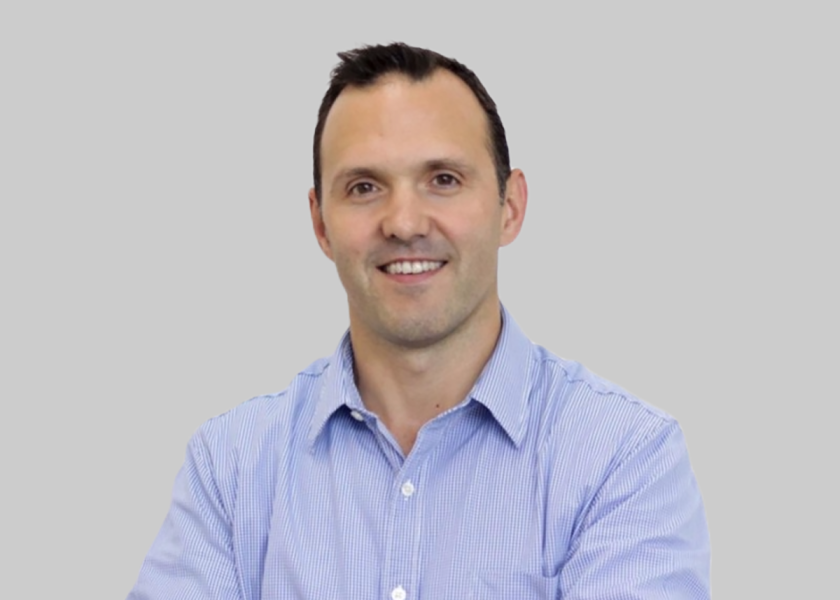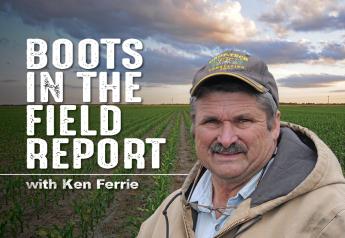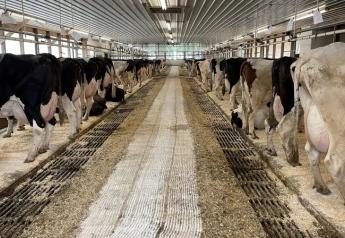C-Suite Q&A: Soil Sleuth

Paul Bonnett joined Nutrien Ag Solutions in 2019 as senior director of agronomic solutions. He leads the company’s agronomy and environmental sciences efforts across North America and also manages Waypoint Analytical, the largest soil analytics laboratory service in the U.S.
What is Nutrien’s focus on in the marketplace today?
We want to provide complete agronomic solutions for growers. We're interested in all inputs, whether it's crop protection, seed, fertilizer and other nutritional needs. On top of that, we provide farmers with industry-leading agronomic services. Being able to bring together the science and the data that we have around the environment and applying that to our agronomic recommendations is where we believe we differentiate ourselves.
| Company Snapshot |
|---|
| Nutrien Ag Solutions was established in 2018 through the merger of PotashCorp and Agrium, making it the world’s largest crop inputs company. Nutrien provides full-acre solutions through a network of trusted crop consultants at more than 1,700 global locations. |
What are some of your team’s priorities?
Understanding the role of environment and soils in crop production is a huge, ongoing priority for us. For a long time, we've analyzed the chemical makeup of the soil and the physical structure of soil. We believe the next frontier of agronomy is in the biology of the soil. So much about our soils is still unknown. Within one teaspoon of soil, there are 15 billion different organisms, and we know only a fraction of what they are and their function. We probably collect more soil samples than anyone else in the U.S. – about 1 million soil samples annually.
| A Bit More Personal |
|---|
| Paul is originally from the UK and says he is a third-generation engineer turned agronomist. He and his family enjoy skiing and spending time in the Colorado mountains. |
How does knowledge about soils and environment inform your work with growers?
Our ambition is to understand environmental variability better than anyone else, so we can unlock the potential of the environment through agronomy at the farm level. This can equip us to make even more informed recommendations to growers on agronomic practices and inputs. Helping growers improve their nutrient use efficiency in crops is a massive step forward in helping them with their profitability and long-term sustainability.
What is your business footprint today?
We are based in every U.S. state other than Utah, even in Hawaii, and also in western Canada. Our portfolio goes way beyond corn and soybeans and includes our own proprietary lines of cotton, rice, sorghum and canola, and also forages. Because of the scale that we have, we're able to provide context on our recommendations to growers at the local level while also providing a larger context as well. We offer custom-application and other agronomic services as well as some downstream, financial services. We’re a complete one-stop shop for growers.







